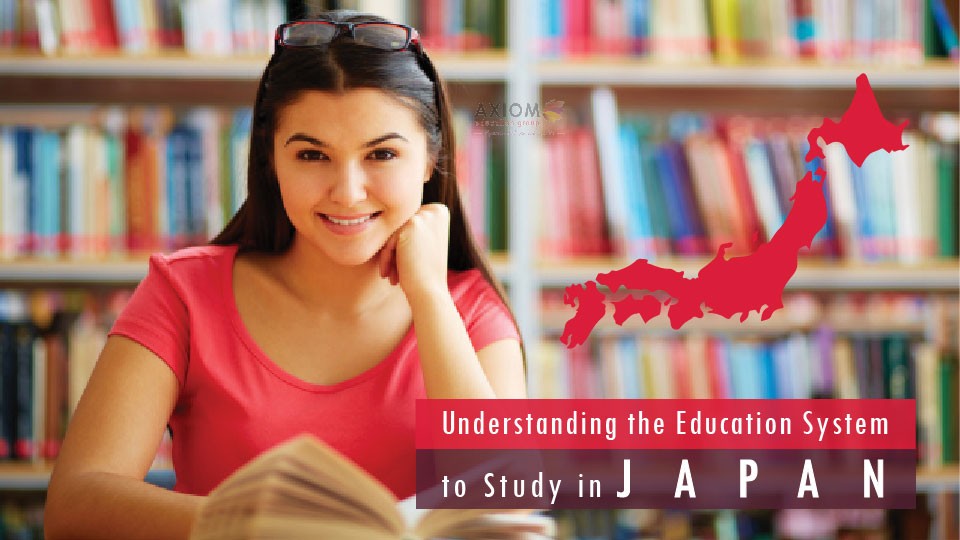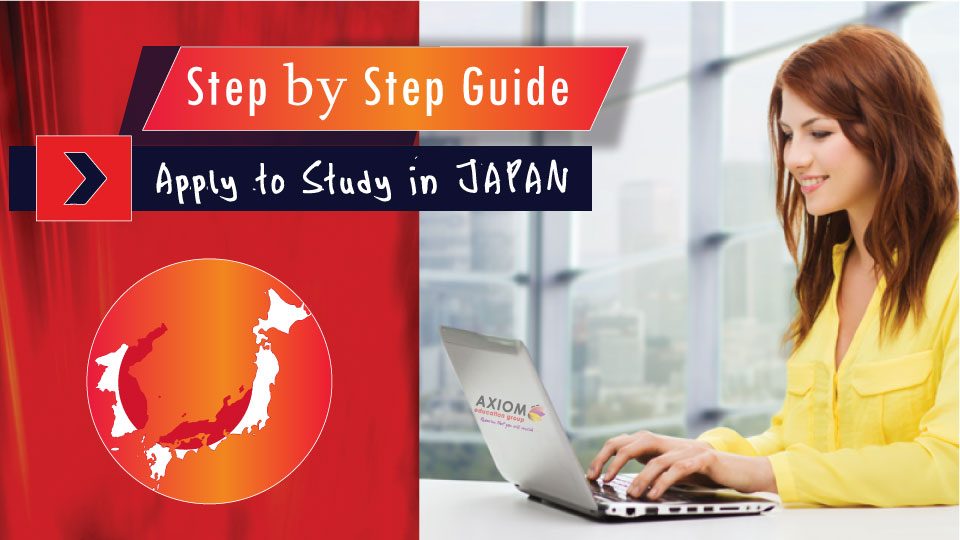
Japanese Educational System
The nation is known for its rich culture, unbeatable cuisine, and quality of education and has an adult literacy rate of nearly 100%! Here’s what you need to know about how higher education is structured.
![]() Elementary education (6 years of elementary school) and
Elementary education (6 years of elementary school) and
![]() Secondary education (3 years of lower secondary school) and 3 years of upper secondary school).
Secondary education (3 years of lower secondary school) and 3 years of upper secondary school).
![]() In Japan, its higher education starts upon the completion of 12 years of education
In Japan, its higher education starts upon the completion of 12 years of education
Academic year and school term system
![]() The academic year of schools in Japan normally starts in April and ends in March of the following year.
The academic year of schools in Japan normally starts in April and ends in March of the following year.
![]() Many universities in Japan adopt a semester system (two terms), with a first semester from April to September and a second semester from October to March. Some of the universities adopt a trimester system (three terms) or a quarter system (four terms).
Many universities in Japan adopt a semester system (two terms), with a first semester from April to September and a second semester from October to March. Some of the universities adopt a trimester system (three terms) or a quarter system (four terms).
Types of Higher Education Institutions
There are 5 types of higher education institutions where international students can be admitted to, which are
(1) Colleges of technology,
(2) Professional training colleges (postsecondary course of specialized training colleges),
(3) Junior colleges,
(4) Universities (undergraduate) and
(5) Graduate schools.
Furthermore, various types of Japanese language schools are available for those who want to study Japanese in Japan. Each student may have a different reason for choosing to study in Japan. Depending on the funding bodies, this higher education institutions are categorized into three types: National, Local public and Private.
Japanese language institutes are intended to teach the Japanese language to non-Japanese speakers. Generally, a prospective international student first enrolls in a Japanese language institution aiming to be admitted to higher education institutions in Japan. In many cases, he or she studies Japanese language and other related subjects such as EJU, JLPT, English, mathematics, science or liberal arts. For this reason, the choice of the Japanese language institution is very important for the prospective student.
There are two types of Japanese language institutes for international students aiming to enter higher education.
Controlling entity: Educational Foundations (Specialized training colleges, miscellaneous schools), the public interest incorporated foundations, corporations, voluntary organizations, individuals and etc.
Objective: (1) Acquire Japanese language proficiency for academic purposes (2) Receive preparatory education for admission to universities (3) Acquire Japanese language proficiency for purposes other than academic purposes Status of Residence: Student
To be eligible for the status of residence of the student, international students must be enrolled in Japanese language institutes designated through official notification by the Japanese Minister of Justice and published in the Official Gazette of Japan.
Controlling entity: Private universities and junior colleges
Objective: Acquire Japanese language proficiency for academic purposes Status of Residence: Student
Preparatory Japanese language programs are set up in private universities and junior colleges. Japanese language, Japanese culture, Japanese affairs and other basic subjects for entrance into universities are offered. Students planning on further study in universities may use the admission on recommendation system, if available, for admission into the university or proceed to other universities of their choice. The advantages here would be the ability to use the university’s facilities and services.
Degree Programs in English
The following are Examples of Programs in which Japanese language Proficiency is not Required at the time of Admission.
- Programs in which international students can earn a degree by taking courses in English
- Programs in which international students are not required Japanese language proficiency at the time of entrance and can start their study taking classes in English but are required to take classes that require Japanese proficiency too as they move through the academic years.
In universities and graduate schools, there are programs in which students can acquire an academic Degree by taking courses in English only. On the other hand, colleges of technology and professional training colleges do not have programs conducted in English only in which students can acquire an “associate degree” or the academic title of “diploma.” In general, programs that are conducted in English have names such as “Degree program in English,” “Degree program for International Students,” or “English-based Degree Programs.”
Although it varies depending on the school, as a guideline, most schools require the following English language proficiency at the time of application.
| TOEFL IBT | IELTS | |
|---|---|---|
| Graduate Schools | 75 – 80 | 6 |
| Universities (Undergraduate) | 71 – 80 | 5.5 – 6 |
Think of the above and you Should Clarify your Objective before Selecting a School.







